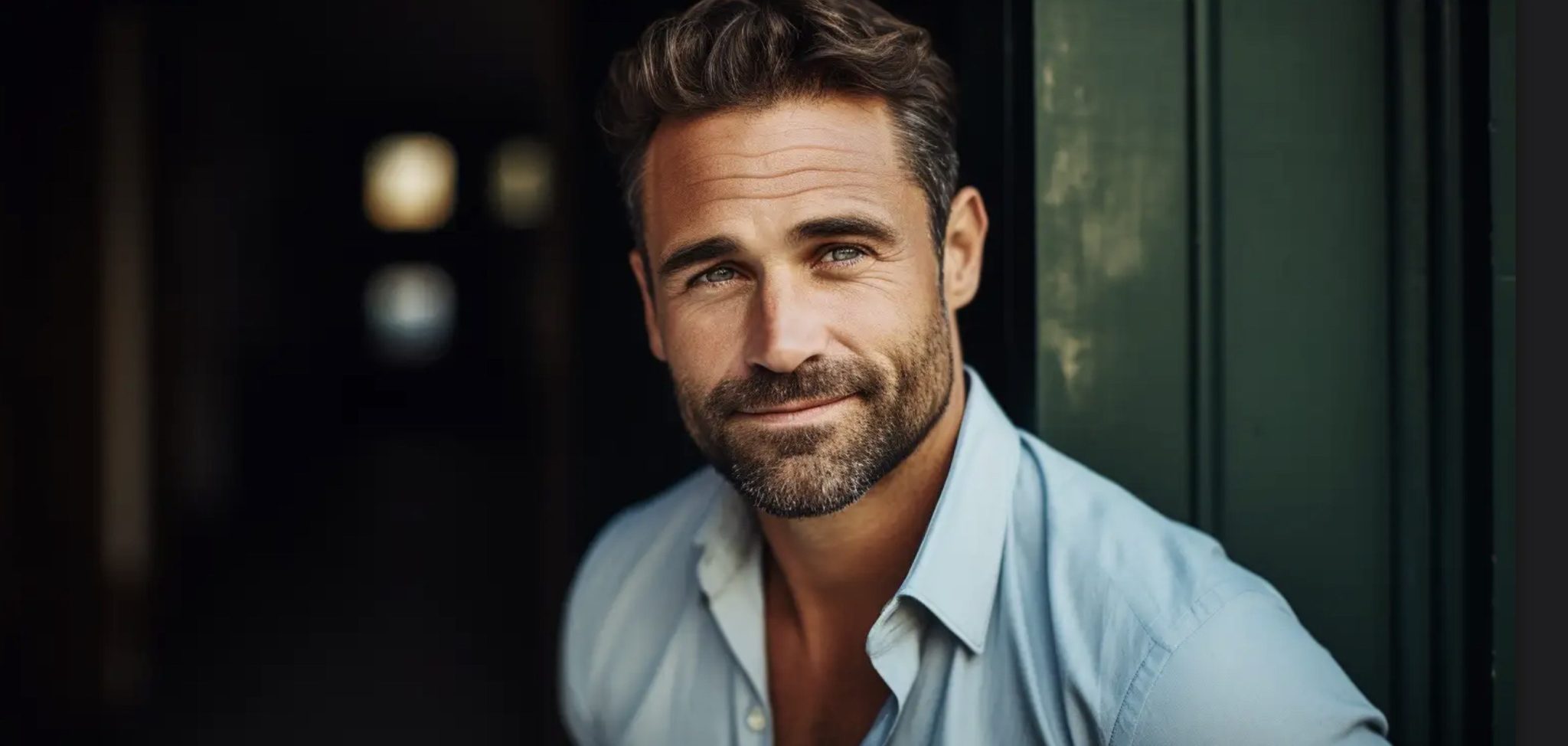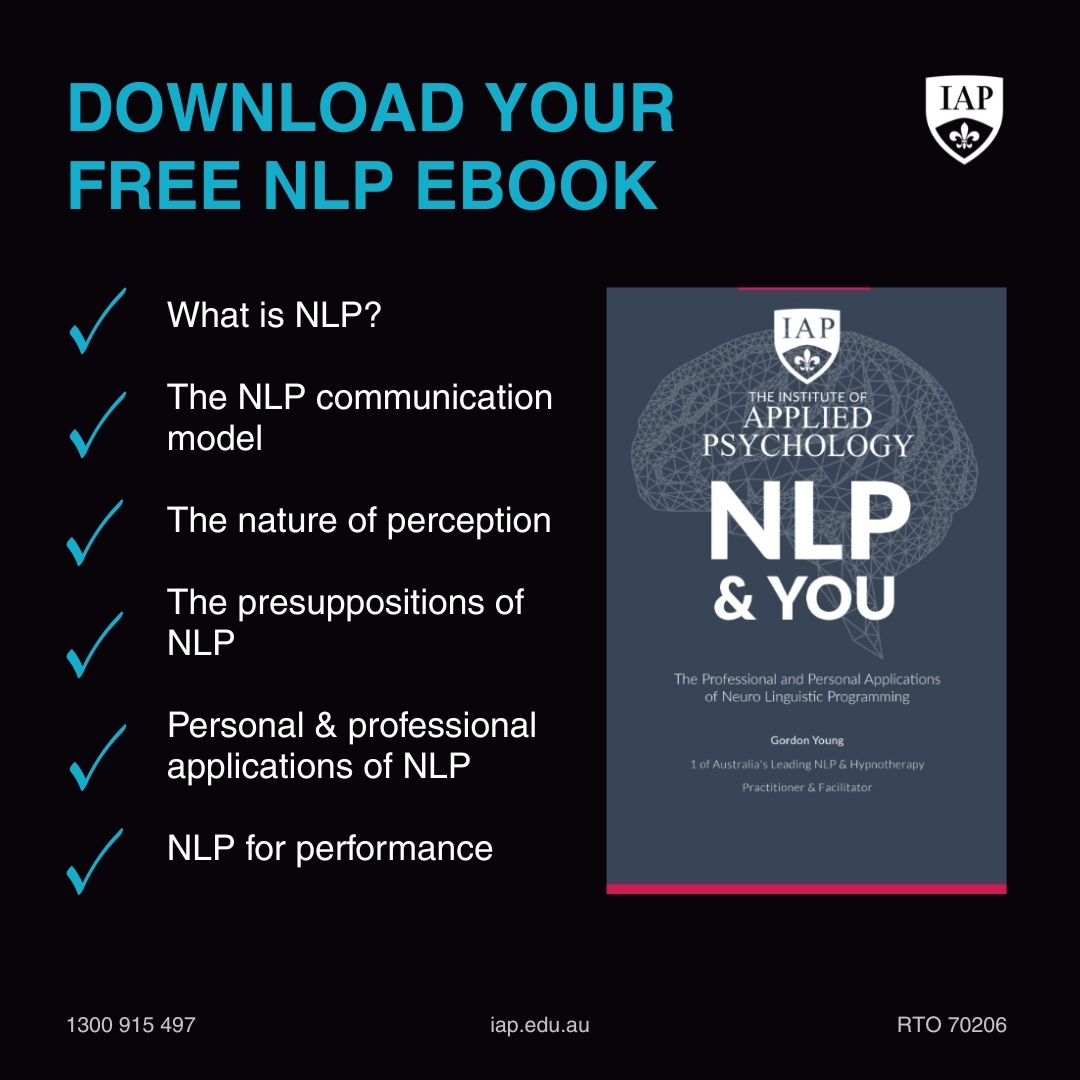Top 10 reasons people use clinical hypnotherapy & celebrities who have had successful outcomes
What is the efficacy of Clinical Hypnosis?
You might have heard some myths about hypnosis, like losing control or being manipulated. But did you know that clinical hypnosis is supported by research? In fact, research shows a 70% to 90% success rate in treating conditions like pain, anxiety, and even quitting smoking. It’s a powerful tool that’s helped thousands of people make real changes. Princess Kate Middleton is one of them—she used hypnotherapy during her pregnancies to manage stress and anxiety. Her positive experience shows that, when done by a trained professional, hypnosis is safe and highly effective. So, what makes it safe, and why are more people turning to ethical, well-trained clinical hypnotherapists?
Hypnosis Is Not What You Think
Let’s clear up the biggest myth: hypnosis is not about mind control. In fact, when you’re under hypnosis, you’re fully aware and in control the entire time. You won’t do anything against your will or your values. A hypnotherapist’s job is simply to guide you into a deeply relaxed state, helping you access your subconscious mind—where your beliefs, habits, and behaviours are deeply rooted.
Science helps back this up! Hypnotherapy can help people with everything from stress management and pain relief to quitting smoking or overcoming fears. It works by bypassing the conscious mind to directly tap into the subconscious, making it easier to create positive changes.
Why People Use Hypnotherapy (And See Results Fast)
Hypnotherapy is becoming increasingly popular because it offers quick, effective solutions to everyday problems. Here are just a few reasons why people turn to it:
- Stress and Anxiety: By addressing the root cause of stress and reframing negative thought patterns, hypnotherapy helps people find immediate relief from anxiety.
- Breaking Bad Habits: Whether it’s smoking, biting your nails, or emotional eating, hypnotherapy targets the subconscious triggers behind these behaviors, helping you make lasting changes.
- Chronic Pain Relief: Hypnosis can change how you perceive pain, making it easier to manage conditions like arthritis or migraines without heavy reliance on medications.
- Better Sleep: Hypnotherapy addresses subconscious stressors that mess with your sleep patterns, helping you get better rest faster.
- Confidence Boost: It can be a game-changer for self-esteem, helping you reprogram limiting beliefs that have been holding you back, leading to a noticeable improvement in your confidence levels.
- Weight Management: Hypnotherapy helps change your relationship with food and exercise, removing subconscious blocks to weight loss.
- Fear and Phobia Reduction: From fear of flying to fear of public speaking, hypnotherapy allows you to reframe and reduce your phobias, often in just a few sessions.
- Performance Enhancement: Whether in sports, business, or public speaking, hypnotherapy sharpens your focus and reduces anxiety, helping you perform better under pressure.
- Post-Traumatic Stress: Hypnotherapy helps people work through traumatic experiences and find emotional relief quickly.
- Medical Support: It’s a great complementary tool in medical treatments, helping to reduce pre-surgery anxiety or ease side effects of ongoing treatments like chemotherapy.
The best part? Hypnotherapy works quickly because it goes straight to the subconscious, where real change happens. You can start seeing results in as little as a few sessions.
Celebrities Who’ve Embraced Hypnotherapy
When it comes to high-profile figures, Princess Kate’s experience with hypnotherapy during her pregnancies caught a lot of attention. She used hypnobirthing techniques to ease pain and reduce anxiety, creating a calmer childbirth experience. This shows how hypnotherapy can be a natural, non-invasive way to manage stress and improve mental well-being. It’s also a great example of how hypnotherapy can help anyone—not just celebrities—access deep relaxation and manage life’s challenges.
Princess Kate isn’t the only one who’s seen the benefits of hypnotherapy. Many other well-known figures have turned to it for various reasons, from quitting smoking to improving their performance:
- Adele – Struggled with stage fright and anxiety? Adele did too, and hypnotherapy helped her overcome it before her big performances.
- Tiger Woods – As a top athlete, Tiger Woods has used hypnosis to stay focused and perform under pressure during some of his biggest games.
- Ellen DeGeneres – Ellen openly talked about using hypnotherapy to quit smoking, and it worked! She’s since been an advocate for how it helped her break the habit.
- Bruce Willis – Bruce Willis once had a stutter. Hypnotherapy helped him overcome it and gain the confidence to speak publicly.
- David Beckham – Even the famous footballer used hypnosis to stay sharp and focused, especially during critical matches.
These global stories show that hypnotherapy isn’t some mysterious process—it’s a tool that anyone can use to overcome obstacles and thrive.
The Importance of Well-Trained, Ethical Clinical Hypnotherapists
With the growing popularity of hypnotherapy, it’s more important than ever to find an ethical and well-trained practitioner. When working with the subconscious mind, safety and professionalism are crucial. That’s why many professionals follow the standards laid out by Gordon Young, a leading figure in the field who helped shape the Australian Standards for clinical hypnotherapy.
Gordon’s work has been key in establishing ethical guidelines to ensure hypnotherapists are practicing safely and effectively. These standards guarantee that clients receive high-quality care that fosters trust and promotes positive outcomes.
A well-trained clinical hypnotherapist will:
- Assess your readiness for hypnosis and customise the approach to your needs.
- Maintain professional boundaries, explaining every step of the process clearly.
- Use evidence-based techniques that are proven to work.
- Empower you to take an active role in your own healing.
Want to Become a Clinical Hypnotherapist?
With demand for hypnotherapy on the rise, there’s also a growing need for well-trained, ethical practitioners. If you’re interested in becoming a clinical hypnotherapist, you can train with Gordon Young at the Institute of Applied Psychology (IAP).
At IAP, you’ll learn ethical, practical hypnotherapy and strategic psychotherapy skills that equip you to safely and confidently guide clients to life-changing results. Gordon’s training programs emphasise ethical practice, hands-on learning, and a deep understanding of the therapeutic process.
If you’re ready to make a positive impact, training with IAP and gaining government accreditation could be a great step to becoming a well-trained, ethical clinical hypnotherapist. Download the course brochure here or call us on 1300 915 497.








